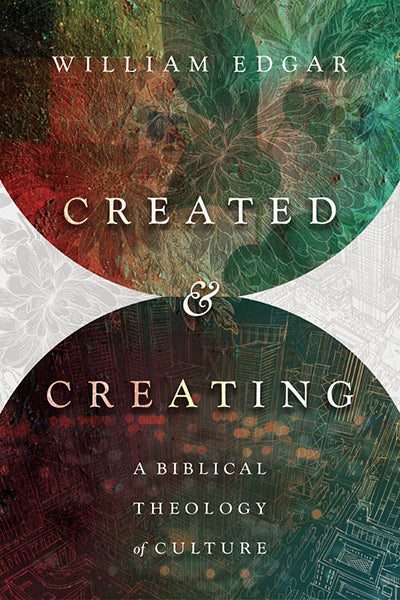Biblical Theology Staff Favorites
Interview with G.K. Beale
(author of Redemptive Reversals and the Ironic Overturning of Human Wisdom)
You’ve written books on idolatry, interpretation, and eschatology, as well as several commentaries. What drew you to write a book about irony in scripture?
Beale: This is actually the first book that I wrote in my career. I actually wrote the book in 1983. I wrote it partly because I had noticed so much irony in the book of Revelation, as well as elsewhere in scripture. I sent it to a couple of publishers at that time, but they did not publish it. So, it has been sitting in a file of mine for about 36 years. The editor of Short Studies in Biblical Theology (at Crossway) asked me if I could do something for their series. At first I said no, but then my wife reminded me about this manuscript that had never been published. So, I revised it to a significant extent and Crossway decided to publish it.
Redemptive Reversals begins with a true story of revival by another author, Andrew White. Why did you choose to begin the book this way?
Beale: I chose this as the forward to the book because Dr. Andrew White’s suffering experience as a doctor in Thailand exemplified the irony that I elaborate on throughout the book.
While irony is evident throughout the Bible, it isn’t a term that Biblical writers use. Do you think irony was a concept the human authors were aware of, or is was the irony simply inherent in the narrative?
Beale: The biblical writers were certainly aware of the concept of irony, which is nothing other than things being reversed from what appears to be the case. For example, Christ’s defeat at the cross was actually a victory and his weakness at the cross was actually great strength.
David Foster Wallace said that “The great thing about irony is that it splits things apart, gets up above them so we can see the flaws and hypocrisies and duplicates.” Is this true of how scripture deploys irony?
Beale: Yes, this is part of how irony operates in scripture. I call it “creative destruction” for Christ and believers. We appear to be suffering unjustly under a curse and to be weak and defeated but if we persevere, we actually are in the midst of being blessed, strengthened, and victorious. I point out various ironies throughout scripture and then show how they all reach their zenith point in Christ’s cross.
Much of your book is devoted to illustrating how God consistently reverses expected outcomes. At the same time Christian history seems to be filled with examples of Christians and the Church failing to recognize that. Why do you think we have such a difficult time coming to grips with this part of God’s activity.
Beale: I think the reason that we as Christians fail to realize God’s ironic manner of working is that we too often are influenced by the world’s way of thinking. We need to imbibe the truth of Romans 12:2, “and do not be conformed to this world, but be transformed by the renewing of your mind [in scripture] , that you may prove what the will of God is, that which is good and acceptable and complete.” We are also too influenced by the “health and wealth” gospel, thinking that if we are faithful to God, he will be faithful to us by blessing us in this life with material blessings. God will ultimately bless us with such blessings in the eternal new heavens and earth.
In your book you say that “God is always at work ironically transforming cursing into blessing, darkness into light, and unbelief into belief.” Are there key passages in Scripture that can remind us of this truth as we look for encouragement each day?
Beale: Genesis 50:20; Romans 8:28; 2 Cor. 12:7-10; Revelation 2:9; Hebrews 11:1.
- Featured
- Best selling
- Alphabetically, A-Z
- Alphabetically, Z-A
- Price, low to high
- Price, high to low
- Date, old to new
- Date, new to old
FiltersFilter & Sort
Created and Creating: A Biblical Theology of Culture
Edgar, William
From $24.00Unit price /UnavailableVery low stock (2 units)







